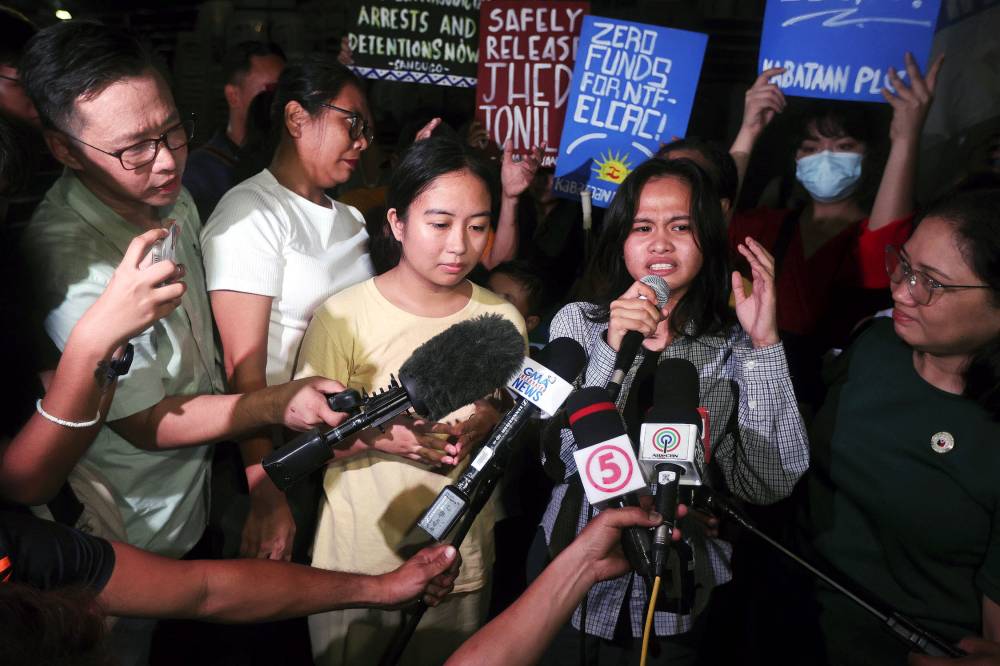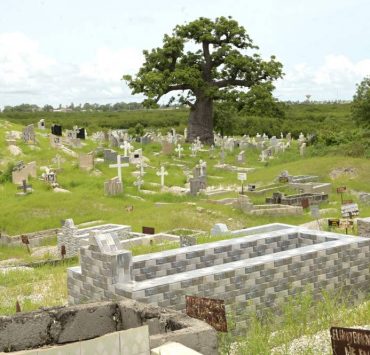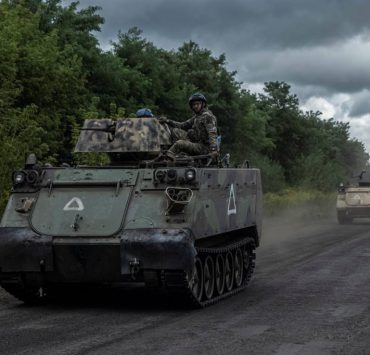Red-tagging activists to hide government failures

For decades, activism in the Philippines has been equated with the New People’s Army (NPA), the armed wing of the Communist Party of the Philippines (CPP), which has waged Asia’s longest-running insurgency for 55 years.
Despite numerous government proclamations of the NPA’s imminent demise, the armed movement continues to grow, according to the CPP’s official channels. So desperate was the government to dismantle the NPA that former president Rodrigo Duterte created the National Task Force to End Local Communist Armed Conflict (NTF-Elcac), supposedly to bring peace to the country by eliminating the communist threat.
However, the NTF-Elcac has been plagued with issues right from the start. It has become a hub of anomalies, including reports of fake surrenders, questionable program implementation, and forced confessions. Such tactics not only undermine its goal of achieving inclusive and sustainable peace, but also expose the government’s failure to address the root causes of the insurgency. Even with Duterte no longer in power, his loyalists continue their witch-hunt, targeting progressive groups and activists.
Red-tagging as a diversionary tactic is nothing new. When embarrassed or exposed on national television, the government resorts to McCarthyism, Red-tagging progressive groups and universities to distract from its shortcomings—most recently, the scandal surrounding the Philippine offshore gaming operators, and the influx of Chinese nationals into the country. This strategy is rehearsed, with former rebels and parents of activists paraded as evidence to support the narrative that activism is a precursor to rebellion. The state insists that students are being “brainwashed” by national democratic organizations, leading them to rebel against the government.
This narrative has been repeatedly refuted by progressive groups, but Red-tagging persists, legitimizing abuses against those who are vocal in their dissent against government. Such measures not only threaten freedom of speech but also stifle critical thinking, as government seeks to distract students with the visible tip of the iceberg while ignoring the massive, submerged issues that hinder progress.
Senator Bato dela Rosa’s recent claim that the “brainy and introverted” students are the most susceptible to recruitment by the NPA further exposes the government’s flawed understanding. By this logic, it’s no surprise that criminology students, like Dela Rosa himself, aren’t considered recruitment targets. This attack on academia and activism as breeding grounds for communism only reflects the government’s failure to address the real issues.
The question isn’t why activists join the NPA, but why the youth are drawn to it in the first place. The answer lies in the government’s persistent failure to even acknowledge the root causes of the problem. I recall attending peace talks where the focus was on addressing this, with representatives from religious groups, progressive organizations, and academia coming together to discuss solutions. The government’s response? A crackdown. Duterte’s abrupt termination of peace talks was followed by an avalanche of Red-tagging and repression—a futile attempt to solve the problem by silencing those who point it out.
When will the government realize that branding students who join progressive groups as “brainwashed” is an insult? And when will it acknowledge that those who turn a blind eye and view the government with an uncritical eye are not necessarily better informed? The root causes of insurgency should be the government’s priority, not hunting down those who expose its failures. Activism exists because there are problems that need to be solved, instead of being silenced by Red-tagging those who seek solutions.
Sensei M. Adorador

















